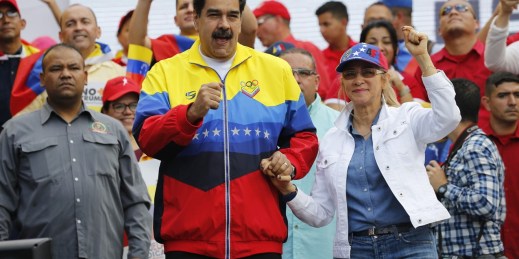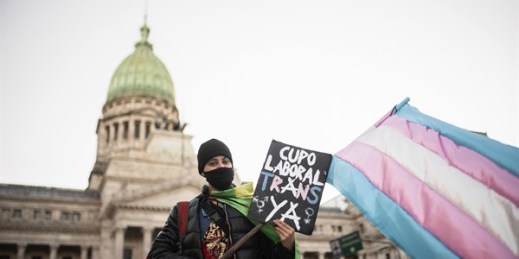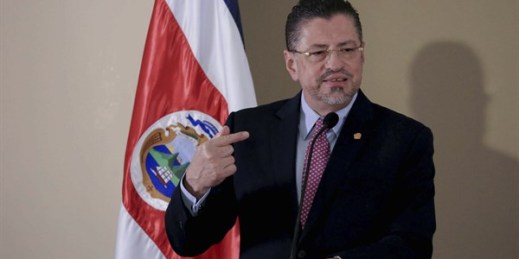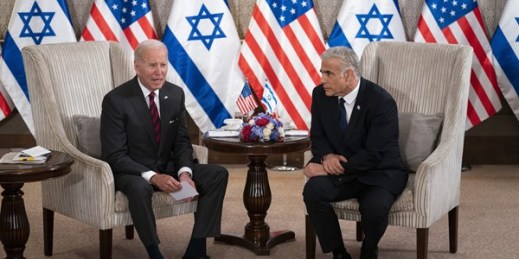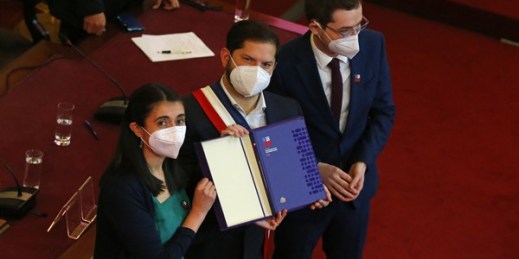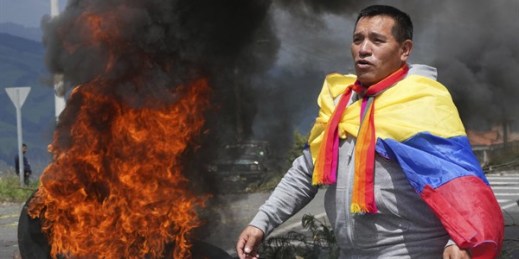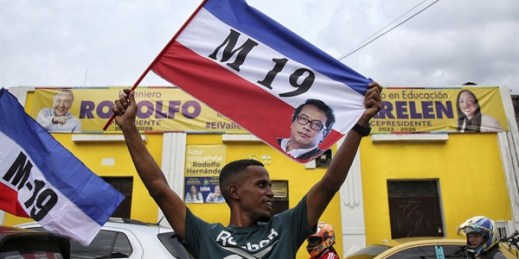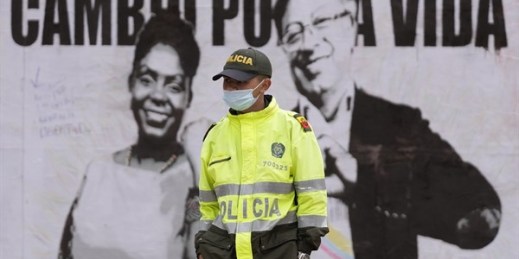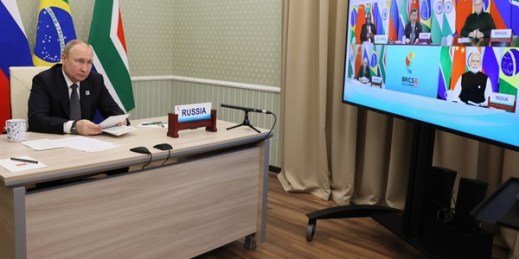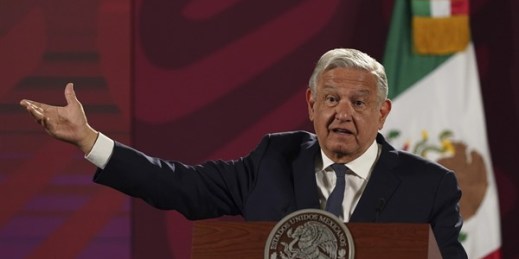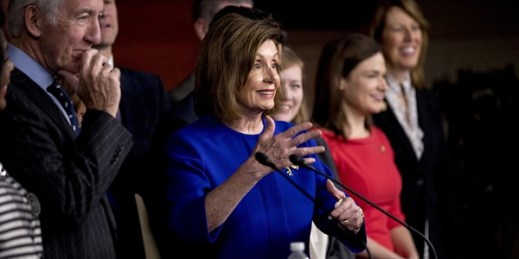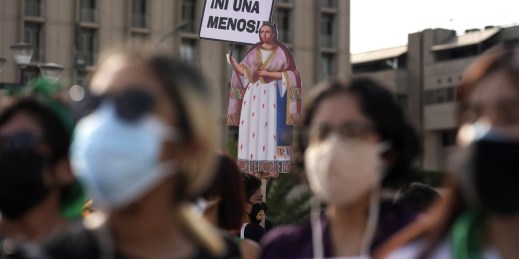
The political left is not always a progressive choice in Latin America, as has become starkly evident in Peru, where the rights of women and the LGTBQ community have come under attack by political leaders from both the left and right. President Pedro Castillo, a former teacher and organizer from the rural province of Cajamarca, won election in 2021 against the right-wing candidate, Keiko Fujimori, with a radical-left platform that was pro-poor—but also socially conservative. Like his opponent, Castillo appealed to conservative religious sentiments that are gaining traction throughout the Americas. The policy impact of that religious stance is now evident, […]

